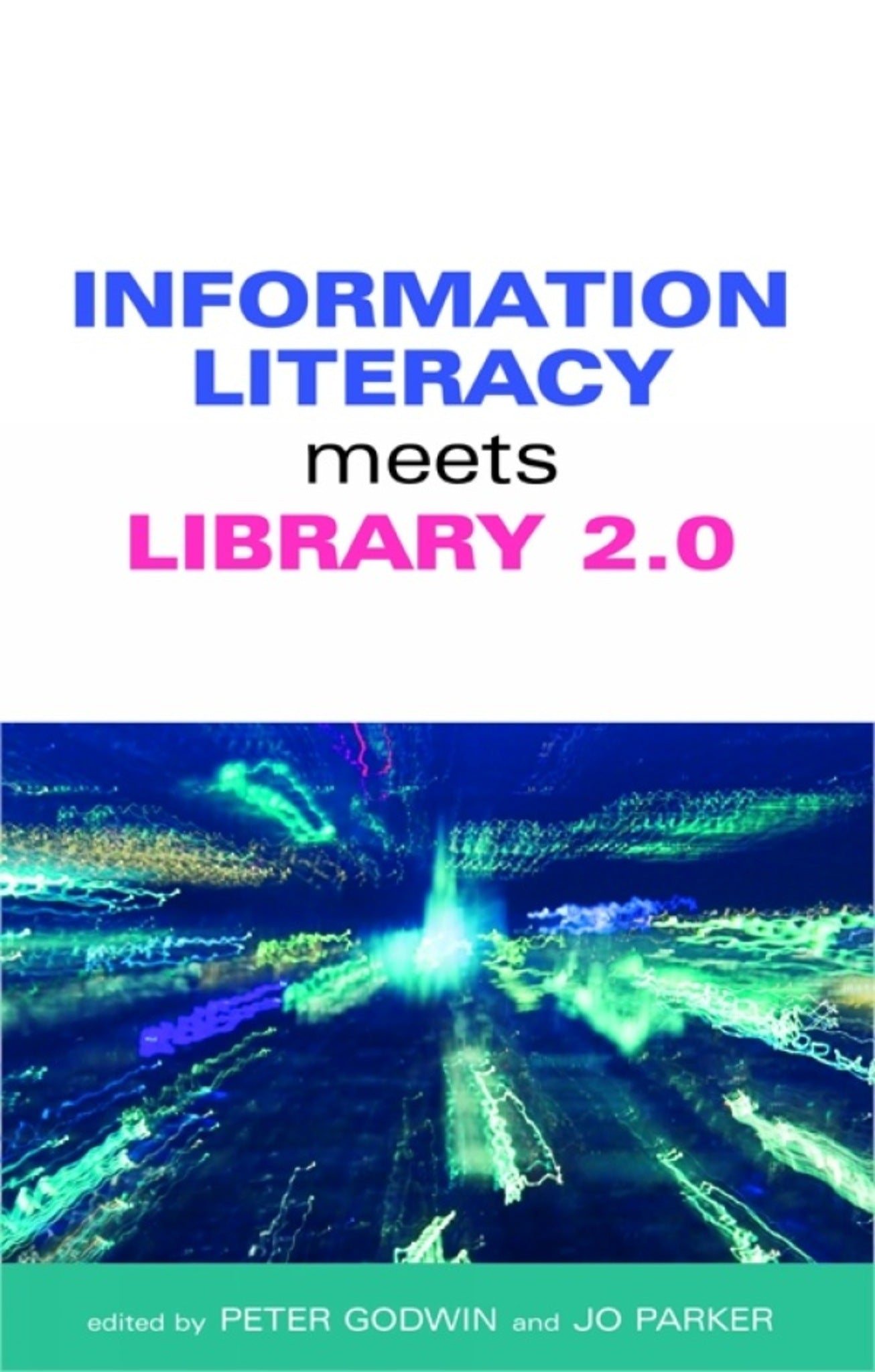We're sorry. An error has occurred
Please cancel or retry.
Information Literacy Meets Library 2.0

Some error occured while loading the Quick View. Please close the Quick View and try reloading the page.
Couldn't load pickup availability
- Format:
-
15 March 2008

Web 2.0 technologies have been seen by many information professionals as critical to the future development of library services. This has led to the use of the term Library 2.0 to denote the kind of service that is envisaged. There has been considerable debate about what Library 2.0 might encompass, but, in the context of information literacy, it can be described as the application of interactive, collaborative, and multimedia technologies to web-based library services and collections.
These developments challenge librarians involved in information literacy with more complex and diverse web content, a range of exciting new tools with which to teach, and a steep learning curve to adjust to the constant change of the Web 2.0 world.
This edited collection from an international team of experts provides a practically-based overview of emerging Library 2.0 tools and technologies for information literacy practitioners; addresses the impact of the adoption of these technologies on information literacy teaching; provides case study exemplars for practitioners to help inform their practice; and examines the implications of Library 2.0 for the training of information literacy professionals.
Key topics include:
- School Library 2.0: new skills and knowledge for the future
- information literacy, Web 2.0 and public libraries
- the blog as an assessment tool
- using Wikipedia to eavesdrop on the scholarly conversation
- information literacy and RSS feeds
- library instruction on the go: podcasting
- sparking Flickrs of insight into controlled vocabularies and subject searching
- joining the YouTube conversation to teach information literacy
- going beyond Google
- teaching information literacy through digital games.
Readership: This book will be essential reading for all library and information practitioners and policy makers with responsibility for developing and delivering information literacy programmes to their users. It will also be of great interest to students of library and information studies.

LANGUAGE ARTS & DISCIPLINES / Library & Information Science / General, IT, Internet and electronic resources in libraries, LANGUAGE ARTS & DISCIPLINES / Library & Information Science / Administration & Management, Library, archive and information management, Library and information services

PART 1: THE BASICS 1. Introduction: making the connections - Peter Godwin 2. Library 2.0 and information literacy: the tools - Brian Kelly
PART 2: LIBRARY 2.0 AND THE IMPLICATIONS FOR IL LEARNING 3. Educating Web 2.0 LIS students for information literacy - Sheila Webber 4. School Library 2.0: new skills, new knowledge, new futures - Judy O’Connell 5. Information literacy, Web 2.0 and public libraries: an exploration - Michelle McLeanPART 3: LIBRARY 2.0 AND IL IN PRACTICE 6. Engage or enrage: the blog as an assessment tool - Georgina Payne 7. Using Wikipedia to eavesdrop on the scholarly conversation - Anne-Marie Deitering 8. Information literacy and RSS feeds at LSE - Christopher Fryer and Jane Secker 9. Library instruction on the go: podcasting at the Kresge Library - Jennifer Zimmer and Sally Ziph 10. PennTags at the University of Pennsylvania - Laurie Allen and Marcella Barnhart 11. Sparking Flickrs of insight into controlled vocabularies and subject searching - Cameron Hoffman and Sarah Polkinghorne 12. Joining the YouTube conversation to teach information literacy - Susan Ariew 13. Going Beyond Google at The Open University - Jo Parker 14. Using Web 2.0 to enhance the Staffordshire University Assignment Survival Kit (ASK) - Julie Adams, Alison Pope and Geoff Walton
PART 4: THE FUTURE 15. Teaching information literacy through digital games - John Kirriemuir 16. Conclusion - Peter Godwin



